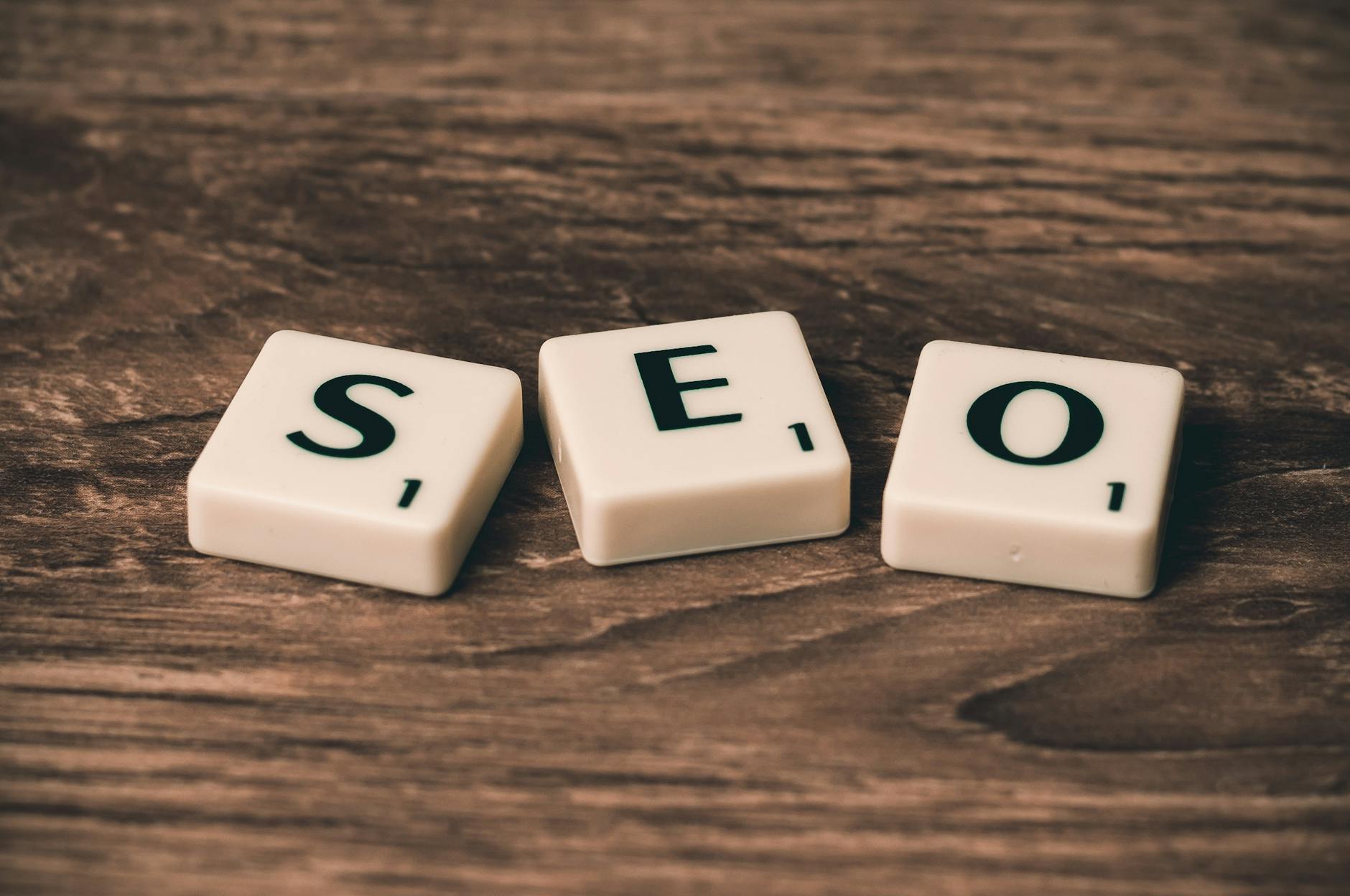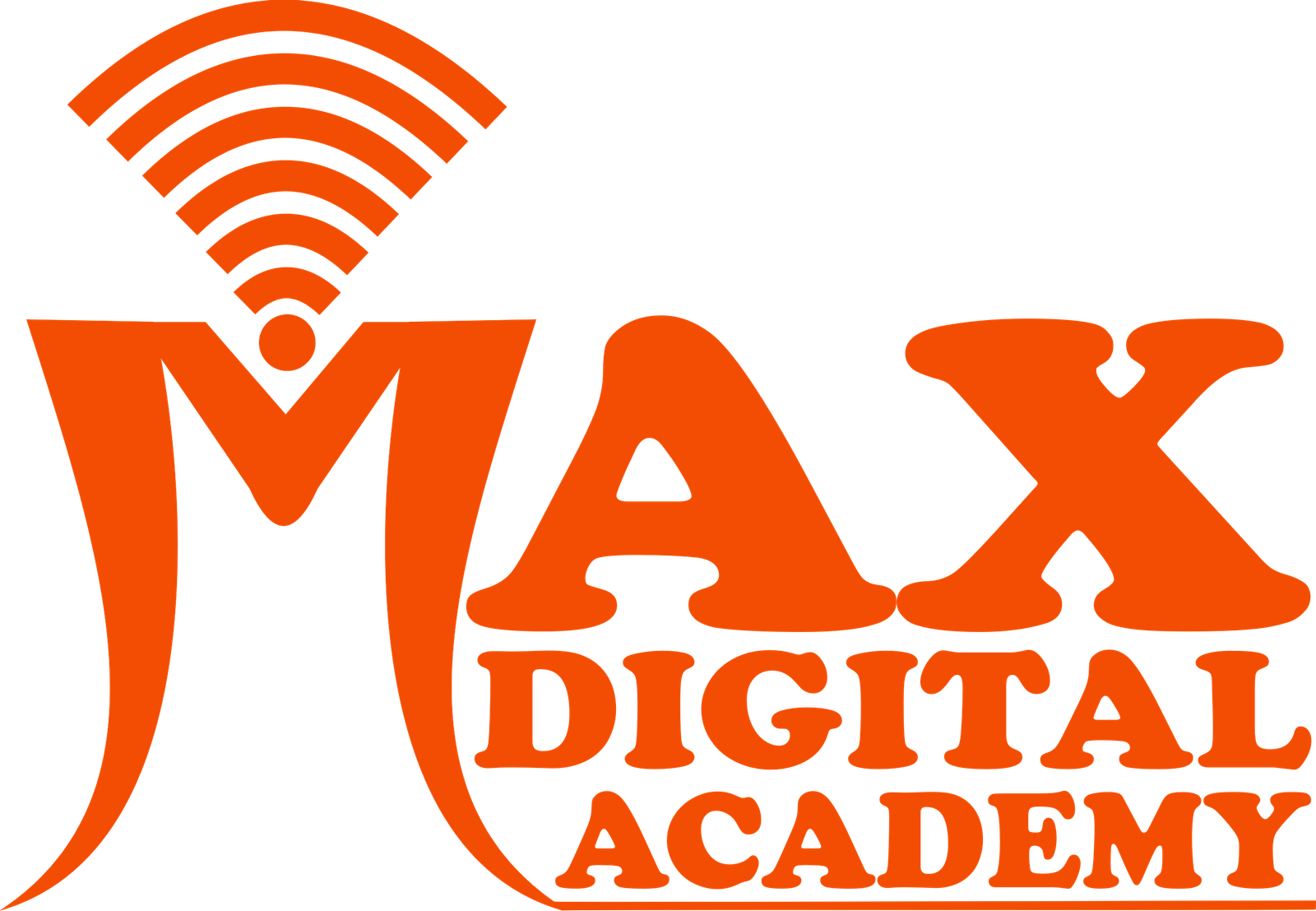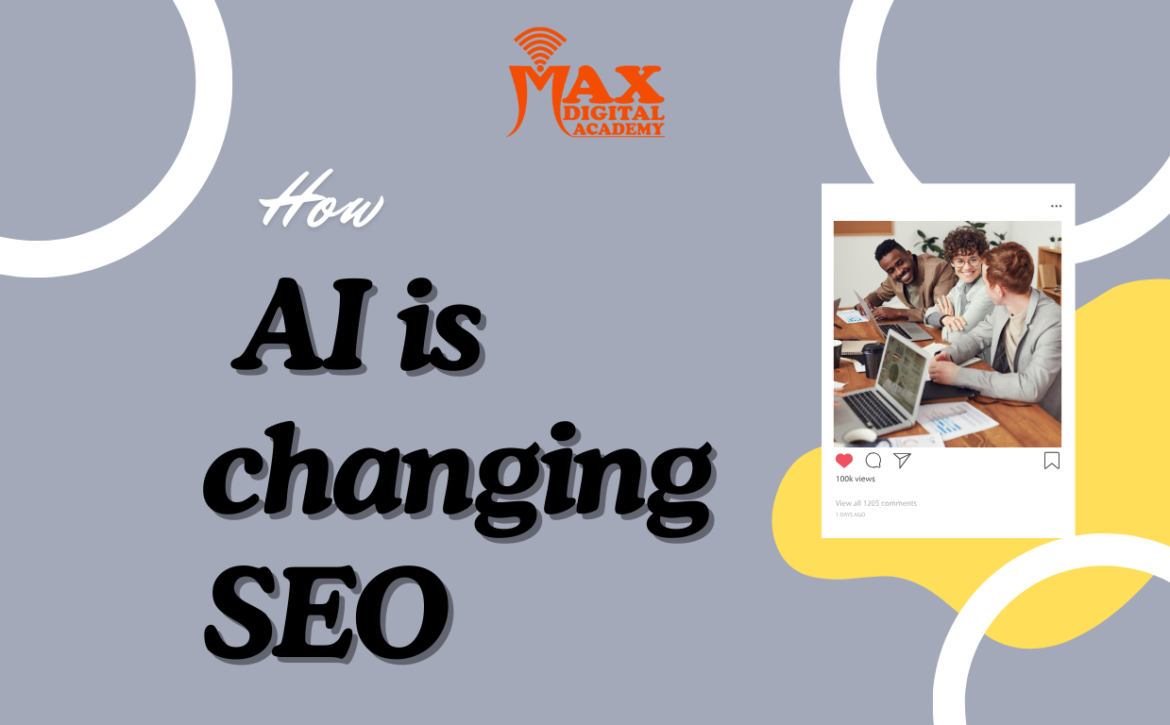How AI is changing SEO: A New Era of Search Optimization
Are you struggling to keep up with the ever-changing landscape of SEO? 🤔 You’re not alone. As artificial intelligence (AI) continues to revolutionize the digital world, it’s also transforming the way we approach search engine optimization. The fusion of AI and SEO is creating both challenges and opportunities for marketers and content creators alike.
Imagine a world where search engines understand user intent better than ever before, where content creation is supercharged by AI-powered tools, and where SEO strategies evolve at lightning speed. This isn’t the future – it’s happening right now. From AI-driven algorithms to machine learning-powered content optimization, the SEO game is changing rapidly, and those who fail to adapt risk being left behind.
In this blog post, we’ll dive deep into how AI is reshaping the SEO landscape. We’ll explore AI’s pivotal role in shaping SEO practices, examine how it’s revolutionizing content creation and optimization, and provide insights on adapting your SEO strategies for this new AI-driven era. Buckle up as we embark on this exciting journey through the intersection of artificial intelligence and search engine optimization! 🚀
AI’s Role In Shaping SEO

Understanding AI’s Impact on Search Algorithms
AI has revolutionized search algorithms, making them more sophisticated and user-centric. Modern search engines now employ machine learning to understand user intent, context, and semantics, moving beyond simple keyword matching.
-
Natural Language Processing (NLP): Enables search engines to interpret conversational queries
-
RankBrain: Google’s AI system that helps process and understand search queries
-
BERT: Bidirectional Encoder Representations from Transformers, improving context understanding
AI-Driven Personalization in Search Results
Search engines now deliver highly personalized results based on user behavior, preferences, and historical data. This personalization affects how websites are ranked for individual users.
| Personalization Factor | Impact on SEO |
|---|---|
| Search History | Influences future search results |
| Location | Prioritizes local content |
| Device Type | Affects content format preference |
| User Behavior | Tailors results to individual interests |
Predictive Search and Voice Assistants
AI-powered predictive search and voice assistants are changing how users interact with search engines. This shift requires SEO strategies to adapt to new query formats and user expectations.
-
Predictive search anticipates user needs, offering suggestions before queries are complete
-
Voice search optimization focuses on natural language and conversational keywords
-
Featured snippets become crucial for voice search results
As AI continues to evolve, SEO professionals must stay informed about these technological advancements and adjust their strategies accordingly. The next section will delve into how AI is transforming content creation and optimization for SEO.
Content Creation And Optimization With AI

Balancing Human Expertise And AI In SEO
In the rapidly evolving landscape of SEO, striking the right balance between human expertise and AI-driven solutions is crucial. While AI offers powerful tools for content creation and optimization, human insight remains irreplaceable. Let’s explore how to effectively combine these two elements:
Key Areas of Synergy
-
Content Ideation
-
Keyword Research
-
Content Optimization
-
User Intent Analysis
Comparative Strengths
| Aspect | Human Expertise | AI Capabilities |
|---|---|---|
| Creativity | High | Moderate |
| Data Processing | Limited | Extensive |
| Contextual Understanding | Excellent | Improving |
| Emotional Intelligence | Strong | Limited |
To achieve optimal results, SEO professionals should:
1. Use AI for data-driven tasks:
- Analyzing large datasets
- Identifying trending topics
- Generating content outlines
2. Leverage human expertise for:
- Crafting compelling narratives
- Understanding nuanced cultural contexts
- Developing brand voice and tone
3.Implement AI-assisted content creation:
- Generate drafts with AI tools
- Human editors refine and personalize content
- Ensure final content aligns with brand guidelines
By combining the analytical power of AI with human creativity and intuition, SEO strategies can become more effective and adaptable. This synergy allows for data-driven decision-making while maintaining the personal touch that resonates with audiences.
Adapting SEO Strategies For The AI Era

Embracing AI-Driven Tools
As AI continues to revolutionize SEO, it’s crucial for marketers to adapt their strategies by leveraging AI-driven tools. These tools can significantly enhance various aspects of SEO, from keyword research to content optimization.
Here are some key AI-driven tools that SEO professionals should consider:
-
Natural Language Processing (NLP) tools
-
Predictive analytics platforms
-
AI-powered content generators
-
Automated link building tools
-
Voice search optimization tools
| Tool Category | Benefits | Examples |
|---|---|---|
| NLP Tools | Improve content relevance and readability | Google’s NLP API, IBM Watson |
| Predictive Analytics | Forecast trends and optimize strategies | SEMrush, Moz Pro |
| AI Content Generators | Create high-quality, SEO-friendly content | OpenAI’s GPT-3, Jasper |
| Automated Link Building | Identify and acquire quality backlinks | Ahrefs, Majestic |
| Voice Search Optimization | Optimize for voice queries and featured snippets | Frase, AnswerThePublic |
By incorporating these AI-driven tools into your SEO workflow, you can streamline processes, gain valuable insights, and stay ahead of the competition in the ever-evolving digital landscape.
Focusing On User Intent And Personalization
With AI’s increasing influence on search algorithms, understanding and catering to user intent has become more critical than ever. Search engines are now better equipped to interpret the context and meaning behind queries, making it essential for SEO strategies to align with user expectations.
To focus on user intent and personalization, consider the following approaches:
-
Conduct in-depth keyword research to identify long-tail queries
-
Analyze search intent categories (informational, navigational, transactional)
-
Create content that addresses specific user needs and pain points
-
Implement schema markup to provide context to search engines
-
Utilize AI-powered personalization tools for tailored user experiences
| Intent Category | Content Strategy | Example |
|---|---|---|
| Informational | Comprehensive guides, how-to articles | “What is artificial intelligence?” |
| Navigational | Clear site structure, optimized landing pages | “Facebook login page” |
| Transactional | Product pages, comparison guides | “Best AI-powered SEO tools” |
By prioritizing user intent and personalization, you’ll not only improve your search rankings but also enhance user engagement and satisfaction. This approach aligns with AI-driven search algorithms that prioritize relevance and user experience.
Summary

Key Takeaways
-
AI is revolutionizing SEO practices
-
Content creation and optimization are being transformed by AI tools
-
SEO strategies need to adapt to the AI-driven landscape
Future Outlook
AI’s impact on SEO is expected to grow, with several trends emerging:
-
Voice search optimization
-
Predictive search results
-
Personalized user experiences
-
Advanced analytics and insights
Action Steps for SEO Professionals
To stay competitive in the AI-driven SEO landscape, professionals should:
-
Embrace AI tools for content creation and optimization
-
Focus on user intent and semantic search
-
Continuously update skills and knowledge
-
Experiment with AI-powered SEO strategies
| AI Impact Area | Traditional SEO | AI-Driven SEO |
|---|---|---|
| Content Creation | Manual writing | AI-assisted writing and optimization |
| Keyword Research | Basic tools | Advanced predictive analysis |
| User Experience | Generic | Personalized and adaptive |
| Analytics | Historical data | Real-time insights and predictions |
As AI continues to evolve, SEO professionals must remain agile and open to new technologies. By understanding and leveraging AI’s capabilities, businesses can enhance their online visibility and stay ahead in the ever-changing digital landscape.

AI is changing the SEO landscape, transforming how we approach content creation, optimization, and strategy development. From enhancing search algorithms to generating high-quality content, AI tools are becoming indispensable for SEO professionals. As search engines continue to evolve, embracing AI-powered solutions has become crucial for maintaining a competitive edge in the digital marketplace.
To stay ahead in this rapidly changing environment, it’s essential to adapt your SEO strategies to incorporate AI technologies. Embrace AI-driven content creation tools, leverage machine learning for data analysis, and optimize for voice search and natural language processing. By doing so, you’ll not only improve your search rankings but also provide a better user experience for your audience. Remember, the future of SEO is intertwined with AI – those who adapt quickly will reap the rewards in the long run.
Visit Max Digital Academy for more such updated content.

